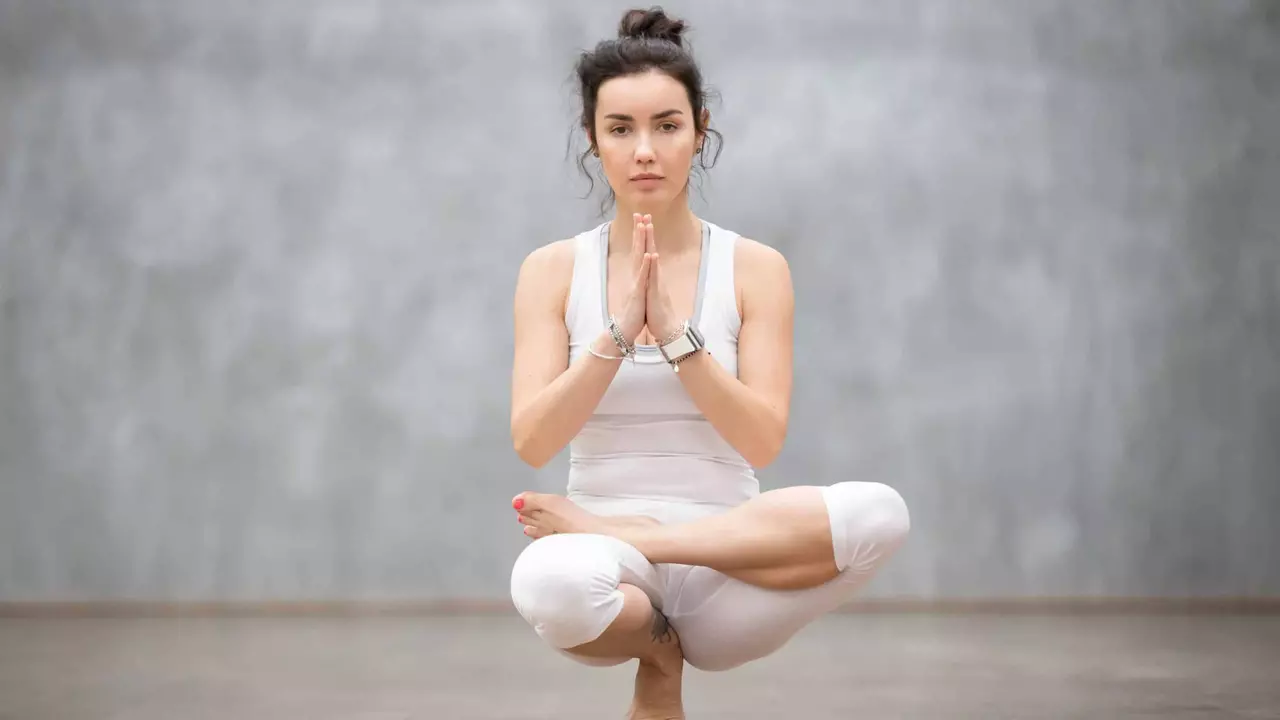Yoga Basics: What You Need to Know Before You Start
If you’ve heard about yoga but aren’t sure where to begin, you’re in the right place. Yoga is a simple practice that mixes gentle stretching, breathing, and focus. It can help with flexibility, stress relief, and overall health without needing fancy equipment.
Why Yoga Works for Your Body and Mind
The magic of yoga lies in moving slowly while paying attention to how you feel. When you stretch, muscles relax and joints get a little more room. That alone can lower aches that come from sitting too long at a desk.
At the same time, deep breathing calms the nervous system. You’ll notice your heart rate slow down and worries fade when you match breath with movement. Many people say they sleep better after a short yoga session because the practice lowers cortisol, the stress hormone.
Simple Moves to Try at Home
Start with three easy poses that need only a mat or a soft carpet:
- Cat‑Cow Stretch: Get on all fours, inhale as you drop your belly and look up (cow), then exhale as you round your back and tuck the chin (cat). Repeat 5‑10 times.
- Standing Forward Fold: Stand tall, hinge at the hips, let arms hang toward the floor. Bend knees if needed. Hold for three breaths to stretch hamstrings and release tension in the lower back.
- Child’s Pose: Kneel, sit back on heels, stretch arms forward, forehead down. Stay here for a minute or longer, focusing on slow breaths.
Do each pose slowly, breathing in through the nose and out through the mouth. If something hurts, ease up or skip that movement – yoga should never feel like punishment.
Once you’re comfortable, add a short 10‑minute flow: start with Cat‑Cow, move into Forward Fold, transition to Child’s Pose, then finish with a few gentle twists while seated. This routine can be done before work, after a long day, or any time you need a reset.
Remember that consistency beats intensity. Even five minutes a day builds flexibility and calm over weeks. If you enjoy the practice, gradually extend sessions to 20‑30 minutes and explore more poses like Warrior I, Downward Dog, and Bridge.
Yoga isn’t just about the body; it’s also a mental habit. Try ending each session with a simple gratitude thought – “I’m grateful for this moment of peace.” Over time, that tiny practice can shift your outlook on stress.
If you ever feel unsure, look for local classes or reputable online videos that show proper alignment. A good teacher can spot small mistakes before they become injuries.
Bottom line: yoga is a low‑cost, low‑risk way to improve flexibility, reduce stress, and boost overall health. Start simple, stay regular, and enjoy the gradual benefits as you move forward.

As someone who has been exploring the benefits of yoga for various health issues, I recently discovered that yoga can be incredibly helpful for those suffering from Ulcerative Colitis. It turns out that certain poses can aid in reducing inflammation and promoting a healthy digestive system. I've found that incorporating poses such as Pawanmuktasana, Balasana, and Vajrasana into my routine have significantly helped in managing my symptoms. Not only does yoga offer physical relief, but it also provides mental and emotional support through mindfulness and relaxation techniques. I highly recommend giving yoga a try if you're struggling with Ulcerative Colitis, as it may help improve your overall well-being.
Read More